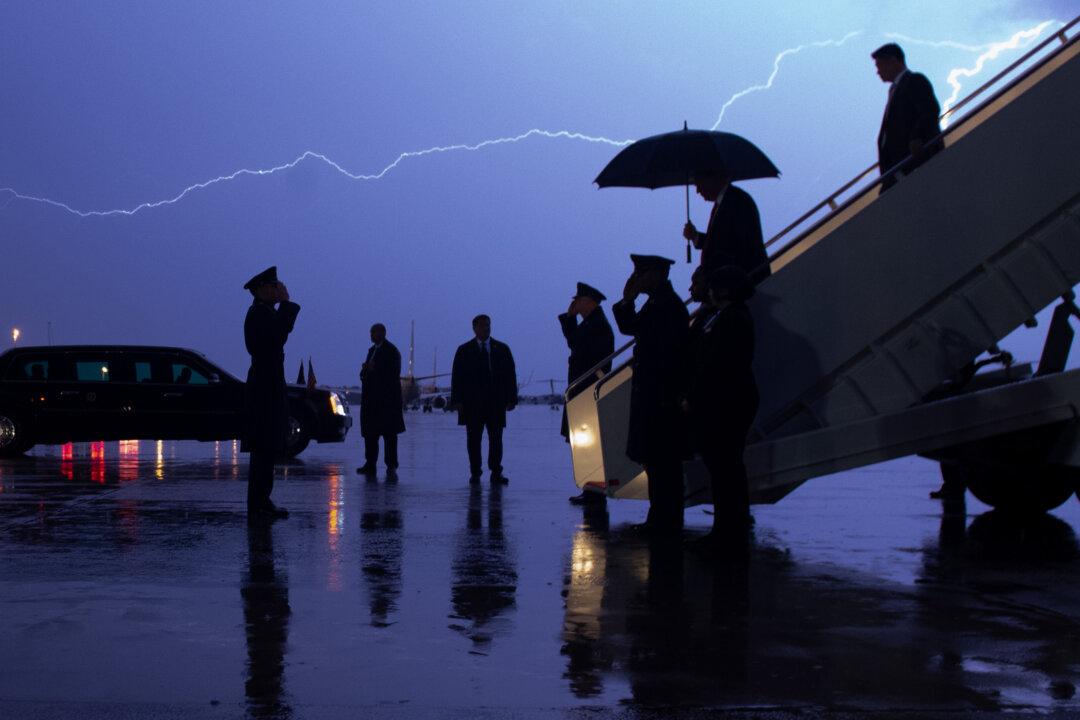The legacy of the inquiry that has hung over President Donald Trump since his election—and was already in ruins this month—has been further eroded by a deluge of revelations from congressional inquiries, watchdog investigations, declassifications, and a continuing criminal probe of the investigators.
The president’s opponents have long criticized any efforts to delve into the inner workings of the Russia investigation, saying they were intended to undermine Robert Mueller’s special counsel probe. After the special counsel’s office wrapped up its inquiry, the critics, in a sleight of hand, castigated the efforts as an attempt to undermine the credibility of Mueller’s findings, deftly omitting that Mueller had failed to find evidence to prove the core theory that there was a conspiracy between the Trump campaign and Russia.





